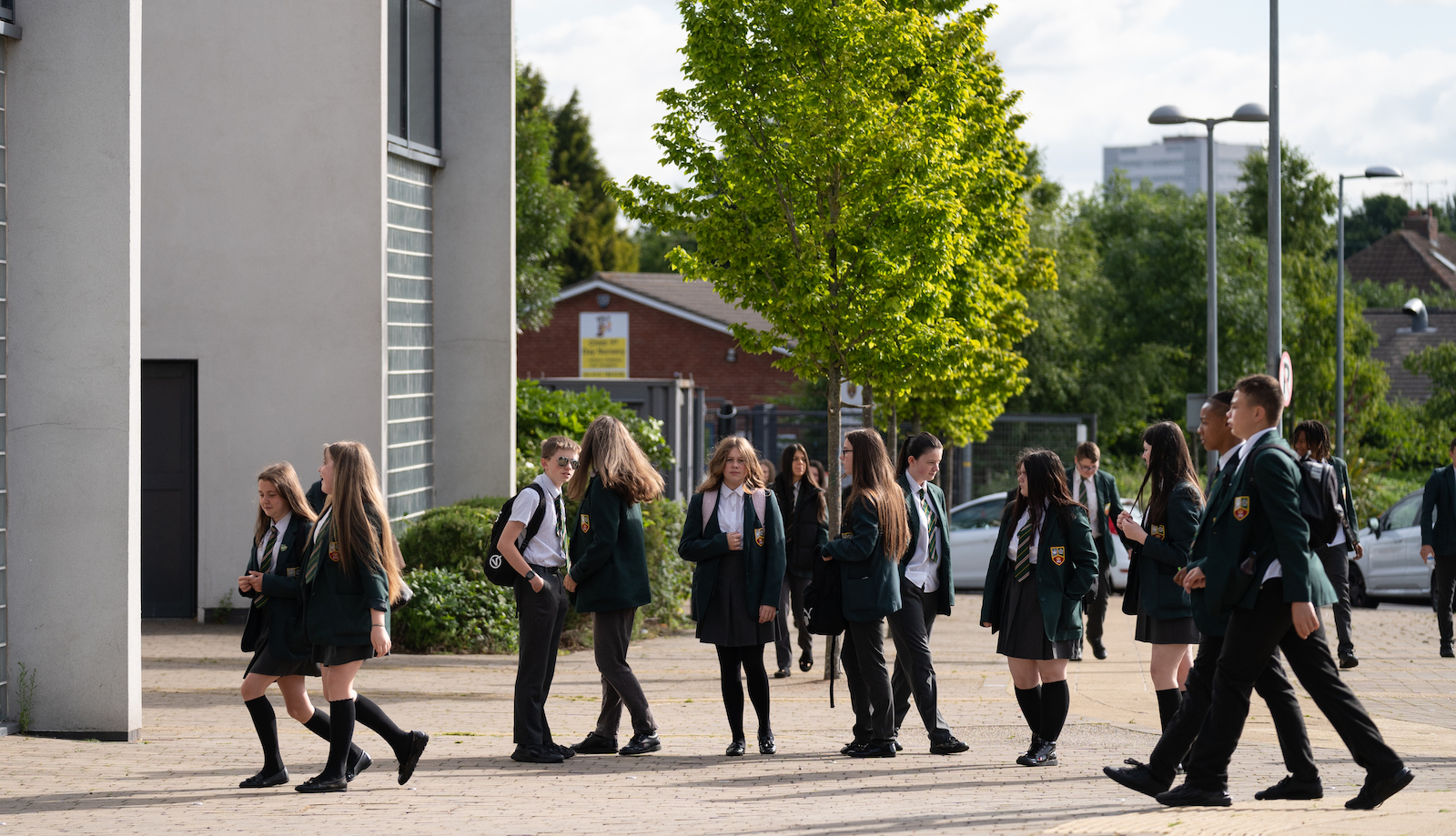Media Studies

GCSE
Exam Board: AQA
Specification Code: 8572
We live in a Media Saturated society and we are all engaging with websites, TV, Film and Apps every day. Media Studies is offered at Key Stage 4 and at A level and provides students with the necessary skills to allow them to better understand and critically analyse the messages and ideas behind the media texts students engage with daily.
During the course, students will study media theories, concepts and debates and learn how to apply them to a range of Media texts. A good way to think about Media as a subject is that it’s very similar to English in that students will learn to analyse and evaluate texts, only instead of novels and poems we evaluate films, video games, music videos, websites, magazines etc.
Students also have the opportunity to use a range of industry standard creative software such as Photoshop and Final Cut Pro to establish and strengthen their practical and creative skills working in print, moving image and e-media to produce ambitious and creative websites, magazines, music videos, trailers and more.
The course is broken down into the following:
- Paper 1 exam: Responding to Media Texts (35%)
- Paper 2 exam: Responding to TV and Media (35%)
- NEA Coursework: Creating Media Products (30%)
Year 10
| Autumn half term 1 | Autumn half term 2 | Spring half term 1 | Spring half term 2 | Summer half term 1 | Summer half term 2 |
| Theoretical Framework and Key Skills | Online, Social & Video Games | Practice NEA and skills building | Advertising and Marketing | News-papers | NEA course-work |
Year 11
| Autumn half term 1 | Autumn half term 2 | Spring half term 1 | Spring half term 2 | Summer half term 1 | Summer half term 2 |
| Radio and Unseen Texts | Television and theory | Film | Print and Music Videos | Revision and practice papers | Exams |
A level
Exam Board: AQA
Specification Code: 7572
Media Studies at A level is a very rewarding and enriching course, which requires you to be critical of the world around you. Studying Media allows you to explore, analyse, interpret and evaluate a wide range of texts across a variety of platforms. Critical Autonomy is encouraged and, by studying Media texts and the way they have been produced, students will explore the Theoretical Framework of Media which encompasses Media Language, Representation, Audience and Industries.
You will develop your skills of media literacy through studying a range of Media Products and exploring how they were made and what meaning they offer audiences, from film and TV to websites and apps to magazines and adverts. Media Studies GCSE is not an essential requirement to studying A level but due to the analytical nature of the course, a grade 5 or above in English is recommended.
Students will build on their Cultural Capital and be trained in the use of industry standard software packages such as Adobe Creative Suite and Final Cut Pro in order to produce creative and ambitious practical pieces for the NEA element of the course. Students will produce work across a variety of media platforms such as moving image, print and e-media.
Media Studies will appeal to students looking to pursue a wide range of careers including journalism, film, marketing, graphic design, producing, directing, IT and more.
Year 12
| Autumn half term 1 | Autumn half term 2 | Spring half term 1 | Spring half term 2 | Summer half term 1 | Summer half term 2 |
| Theoretical Framework and Key Skills | Online, Social & Video Games | Practice NEA and skills building | Radio Broadcast | Media Theories and application | NEA course-work |
Year 13
| Autumn half term 1 | Autumn half term 2 | Spring half term 1 | Spring half term 2 | Summer half term 1 | Summer half term 2 |
| Magazines and Unseen Texts | Film | Television | Advertising and Marketing | Revision and practice papers | Exams |
Pearson BTEC Level 3 National Diploma in Film and Television Production
This course allows students to learn about a variety of roles and demands within the Creative Media Industry. They will learn a range of Industry standard skills and will engage with hardware and software that will give students practical and employable skills that will help them enter a Digital Media landscape.
Learning skills such as filming, editing, sound and light production and storyboarding, students will complete a mixture of written and practical Units as well as externally set assessments.
Although a GCSE in Media is not essential for this course, students looking to complete the BTEC should have strong IT skills and be creative as well as analytical.
Learning Journeys
Knowledge Organisers
Advertising & Marketing Knowledge Organiser